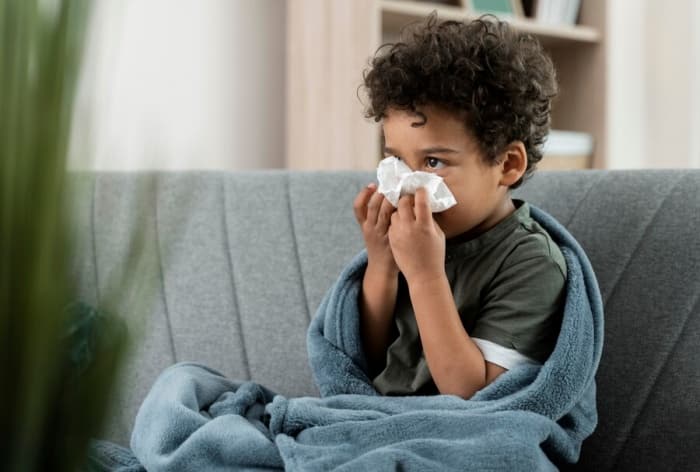Pneumonia is a respiratory illness that affects the lungs. In the view of mysterious spread in China, here is all you need to know to keep your kids safe.

The mysterious respiratory illness outbreak in China has sounded alarm all across. Amid the reported outbreak of H9N2 cases and clusters of respiratory illness in children in northern China, Ram Manohar Lohia Hospital Director Dr Ajay Shukla advised people to be careful, follow routine practices of cleanness and if there’s someone who has got this respiratory illness or infection they should try to maintain distance from other people.
Pneumonia is an infection that inflames the air sacs in one or both lungs. The air sacs are filled with fluid, which makes it difficult to breathe. Pneumonia can be caused by bacteria, viruses, or fungi. It is most common in children under the age of 5 and in adults over the age of 65.
Amid the reported outbreak of H9N2 cases and clusters of respiratory illness in children in northern China, Ram Manohar Lohia Hospital Director Dr Ajay Shukla advised people to be careful, follow routine practices of cleanness and if there’s someone who has got this respiratory illness or infection they should try to maintain distance from other people. “I would just advise people to be careful. Follow routine practices of cleanness and if you feel that there’s someone who’s got this respiratory illness or infection, since a lot of these cases are viral and they can be transmitted, try to maintain distance from other people,” Dr Shukla said on Friday.
Symptoms of pneumonia in kids:
- Cough: A cough is the most common symptom of pneumonia. It may be dry or productive, meaning it produces mucus.
- Fever: A fever is another common symptom of pneumonia. The fever may be high or low.
- Rapid breathing: Children with pneumonia may breathe quickly or shallowly. They may also have difficulty breathing.
- Chest pain: Some children with pneumonia may have chest pain. The pain may be sharp or stabbing.
- Other symptoms: Other symptoms of pneumonia may include wheezing, fatigue, loss of appetite, and vomiting.
Treatment for pneumonia:
Treatment for pneumonia depends on the cause of the infection. Bacterial pneumonia is treated with antibiotics. Viral pneumonia usually goes away on its own within a week or two. However, your doctor may recommend over-the-counter medications to relieve symptoms. Fungal pneumonia is treated with antifungal medications.
Prevention of pneumonia:
The best way to prevent pneumonia is to get vaccinated. There are vaccines that can protect against pneumococcal bacteria and the Haemophilus influenzae type b (Hib) bacteria, which are two of the most common causes of pneumonia in children.
- In addition to getting vaccinated, you can help prevent pneumonia by:
- Washing your child’s hands often
Keeping your child away from sick people - Not smoking around your child

